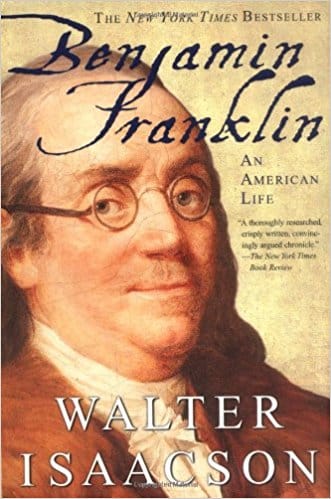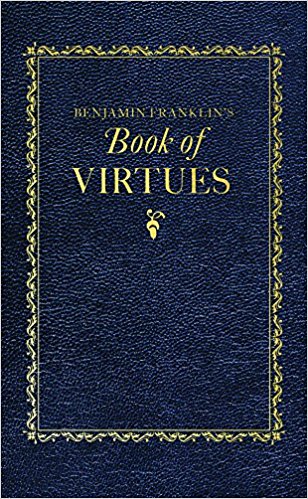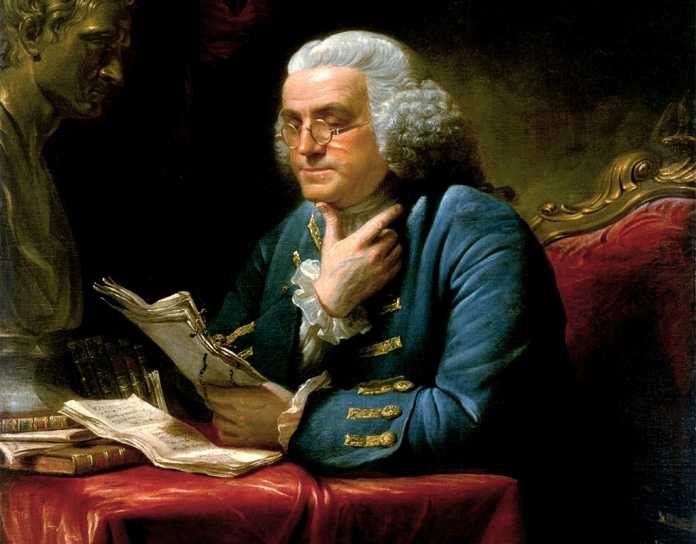On this day 14th day of November in 1776, the St. James Chronicle of London carries an item announcing “The very identical Dr. Franklyn [Benjamin Franklin], whom Lord Chatham [former leading parliamentarian and colonial supporter William Pitt] so much caressed, and used to say he was proud in calling his friend, is now at the head of the rebellion in North America.”
Benjamin Franklin, joint postmaster general of the colonies (1753-1774), and his son William traveled to London together in 1757. There, for the next five years, William studied law, and Franklin studied social climbing. They had remarkable success for a candle-maker’s son and his illegitimate progeny.

By the end of their sojourn, William had become an attorney and received an honorary Master of Arts from Oxford University, while his father reveled in honorary doctorates from Oxford and the University of St. Andrews in Scotland. The elder Franklin’s plans for his son’s advancement succeeded, and his son won the choicest of appointments, a royal governorship, in 1762.
Franklin then accompanied his son from London to Pennsylvania, only to return to London as Pennsylvania’s agent in 1764, where he lobbied for the placement of the colony under direct royal control. He soon added Georgia, New Jersey and Massachusetts to the list of colonies for which he served as spokesperson in Parliament.

In 1775, Franklin returned to America as the American Revolution approached; he served as a delegate to the Continental Congress and, in 1776, signed the Declaration of Independence. Ironically, his son William came out on the side of the British during the War of Independence and was imprisoned while serving as the Loyalist governor of New Jersey.
All content herein is owned by author exclusively. Expressed opinions are NOT necessarily the views of VNR, authors, affiliates, advertisers, sponsors, partners, technicians, or VT Network. Some content may be satirical in nature.
All images within are full responsibility of the author and NOT VNR.
Read Full Policy Notice - Comment Policy
































